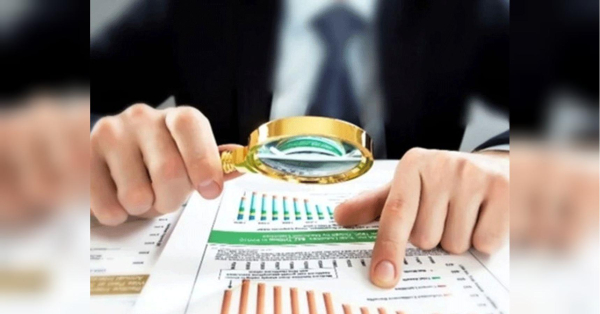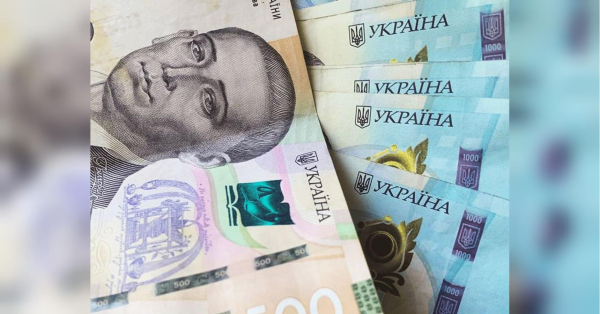
Ukraine has once again tightened the tracking of bank transfers — of course, explaining this by the need to combat fraud.
This was stated on the air of Kyiv24 by the rector of the International Business Institute, Oleksandr Savchenko.
VIDEO OF THE DAY
“People should know that all their transactions will be even more closely monitored and tracked. Moreover, it will be possible to trace the chain of transactions without an additional request,” he explains.
According to the expert, transactions up to 30 thousand hryvnias are not tracked. If the amount is larger, Savchenko advises transferring funds via IBAN and indicating the purpose of the transaction: “gift”, etc.
ADVERTISING
At the same time, requirements for financial monitoring are being strengthened – control over the origin of client funds to prevent money laundering and terrorist financing.
ADVERTISING
What other new rules for payments
Among other innovations. First, from now on, each transaction must indicate the full legal name of the company receiving the money. That is, no “incomprehensible letters” – only a clear and understandable name of the recipient.
The second important innovation is details. The statements will necessarily display the personal data of the person and the data of his counterparty. Even if it is a regular transfer “from card to card”. Now the sender will always see the last name and first name of the recipient, and the recipient – the one who transferred the funds. And this works regardless of whether both cards are from the same bank or different ones.
Another step forward is online payments. When a person makes a purchase, they can see the full name of the company before confirming the transaction.
ADVERTISING
“Now you will know exactly where the money will go and who it will be credited to. No more surprises,” experts believe.
In their opinion, this is a huge plus for customers. First, there will be no more anonymous payments. Second, each transaction will become clear. But there is a nuance: now you need to check all the details very carefully. If the data is incorrect or incomplete, the payment may be delayed or even returned.
On the other hand, it also works in the client's favor. If a controversial situation arises, the bank will be able to quickly find out where exactly the problem occurred. And there is also a completely new tool: payment tracking. Now you can see where the money is at any time.
Financial monitoring and control of the origin of funds
But the changes don't end there. Every client sooner or later faces questions about the origin of their funds.
But it's not just the amount that is assessed. Banks also assess the type of client. For example, they pay additional attention to:
- newly created companies;
- gambling enterprises;
- transactions with real estate, precious metals or investment services.
Some industries are also considered risky, where corruption risks often arise, such as:
- pharmaceutics;
- energy;
- public procurement;
- weapons production.
The verification procedure takes place in several stages:
First, the bank identifies the client, analyzes his data in international databases, and assesses reputational risks.
Next, constant monitoring of all operations is launched.
If the system detects suspicious transactions, an in-depth check begins, during which the bank may request documents or conduct an interview:
- for individuals, this may be an income certificate, declaration, property purchase and sale agreement, inheritance or donation documents;
- for entrepreneurs and legal entities – financial statements, contracts, licenses, and confirmation of sources of income.
Banks themselves are also responsible for violating financial monitoring rules. The law directly provides for fines ranging from 170,000 to almost 1.7 million hryvnias for each violation. Therefore, banking institutions are very interested in adhering to the rules and demanding transparency from their clients.
Let us remind you that Ukrainians can receive up to UAH 25,000 from a large state-owned bank – all you need to do is make a payment.






